Although we generally feel safe at home, a surprising number of accidents occur there, and these can lead to serious injuries or even fatalities. There are a number of things you can do to make your surroundings safer, including having the right tools for the jobs you need to do. For example, while you may be tempted to crawl up on a counter or stand on a chair to reach something high in the kitchen, you should instead use a small ladder or stepladder according to directions. However, there are also steps you can take to transform the place you live into a more secure environment overall.
Contents
1. Install a Home Elevator
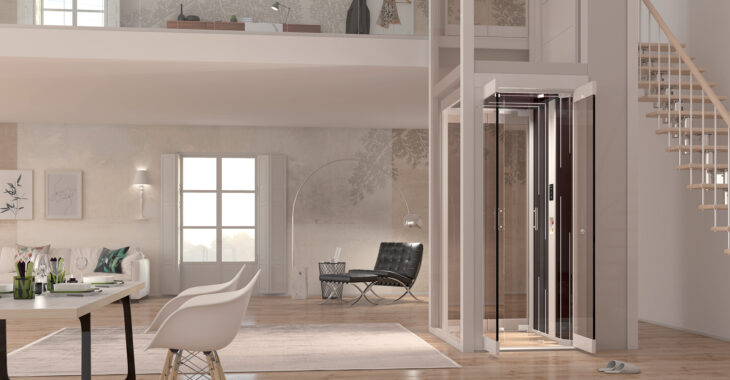
img source: elcor.co
Stairs can be dangerous. This is especially true for older adults or for people who have mobility issues, but anyone can trip and fall on stairs, particularly if you are carrying something at the same time. A residential elevator can be a solution. You might assume that this would be expensive or that it would only be possible structurally in certain types of homes, but Lifton Home Elevators can be installed in almost any type of two-story house, and installation can be completed quickly. If you plan to remain living in the same place for the rest of your life, an elevator can help ensure that you are able to do so independently. If you expect to sell at some point, an elevator may increase its value. It will definitely make it safer for you and for any of your visitors.
2. Fire Prevention
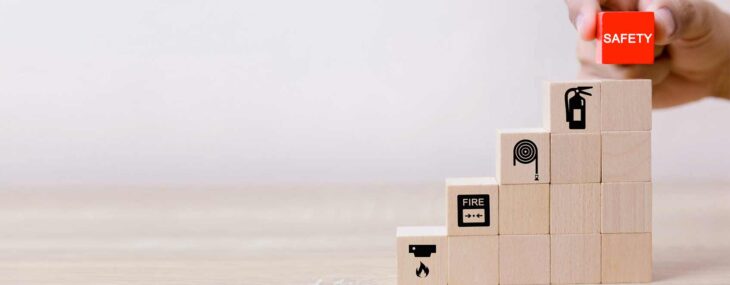
img source: ufginsurance.com
Fires can cause serious damage, but there are a number of things you can do to prevent fires and to take the right steps if a fire does break out. Your entire family should know what to do in case of fire, and you should also have an evacuation plan. This should include more than one escape route and a meeting point. First, you should have working smoke alarms throughout your home, and you should test them regularly. You should not place them in a bathroom or kitchen. Hallways and stair landings are good places for them. You should also have a couple of fire extinguishers, and everyone should know how to use them.
Small children should not be around the stove while you are cooking. You should not put water on a fire that contains grease, oil or fat. Instead, try to cover it. You can also try to put baking soda on it. You can keep a special chemical extinguisher in the kitchen in case of grease fires if you are particularly concerned about this. If you live in an old house, you might want to have the wiring checked, and you may even want to have it redone.
3. Storage
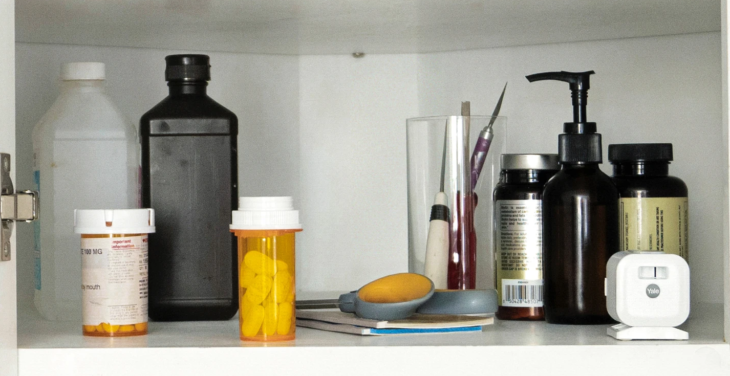
img source: shopify.com
Having ample storage throughout your house can make it safer for a number of different reasons. First, it gives you the opportunity to safely store and label any dangerous tools or chemicals. For example, you may want to have a cabinet that is out of the reach of children where you keep household cleaning products, which should be clearly labeled. Storage areas should be organized and easily accessible as you could fall and injure yourself if you are trying to get to items that are out of your reach. Another danger is stacking up items carelessly and having them fall on you. Adequate storage also lessens the danger of toys and other items being left on the floor or the stairs where you could trip over them.
4. Security
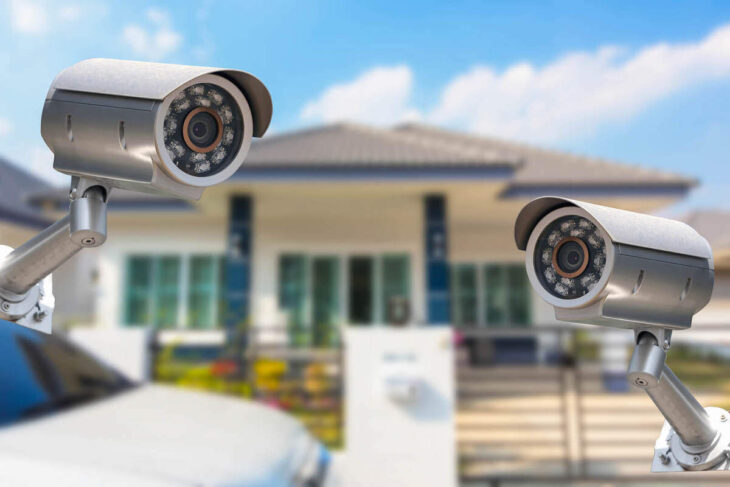
img source: halcommarketing.com
Home security is also important. You may want to look into securing your doors with smart locks. Some might worry that these can be hacked, but they can actually be better than traditional locks. Another type of smart technology that can be useful is a smart doorbell, which allows you to see the visitor at the door. Deadbolts are another possibility, but they can be difficult to unlock if you need to leave quickly in a fire. You may also want to install an alarm system. There are a variety of options, and you may want to do research and talk to several companies before you decide what type of system would be best for you. A security system might include such features as security cameras and windows or glass break sensors.
Another option is motion-activated lights. Some security companies will install systems that turn indoor lights on and off at intervals when you are away so that it appears as though someone is home.
5. Home Maintenance and Repair
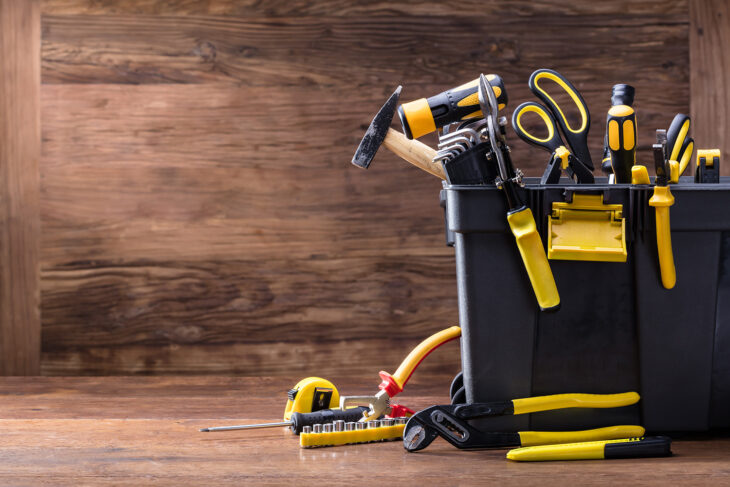
img source: cleanmvp.com
Regular maintenance is important, not just because your living space will look better but for safety reasons. Everything from mold growing in your home, to a chimney that is not cleaned regularly, to carpets that are not adequately tacked down can present safety hazards. You need to be aware of any special hazards outside of your house as well. For example, if you have a swimming pool, a fence with a locked gate can help ensure that children are not able to get into it on their own.
Lighting is also important. It’s easier to trip over things in a dark room, and you may want to upgrade the lighting in some areas. There are also improvements you can make in anticipation of aging in your house in addition to the elevator. For example, in the bathroom, you might want to install railings around the toilet and the shower. A bathroom is commonplace for falls, and people of all ages can benefit from non-stick bathmats and mats in the tub so that it is less slick.
Locks on windows are important both for security reasons and for ensuring that children are not able to easily open them. If you live in an older place and you have renovations done, special precautions may be necessary if there is asbestos or lead paint. These were used in older buildings, and while they usually do not cause problems if they are left undisturbed, professionals with experience in dealing with them need to be involved in any renovations.
